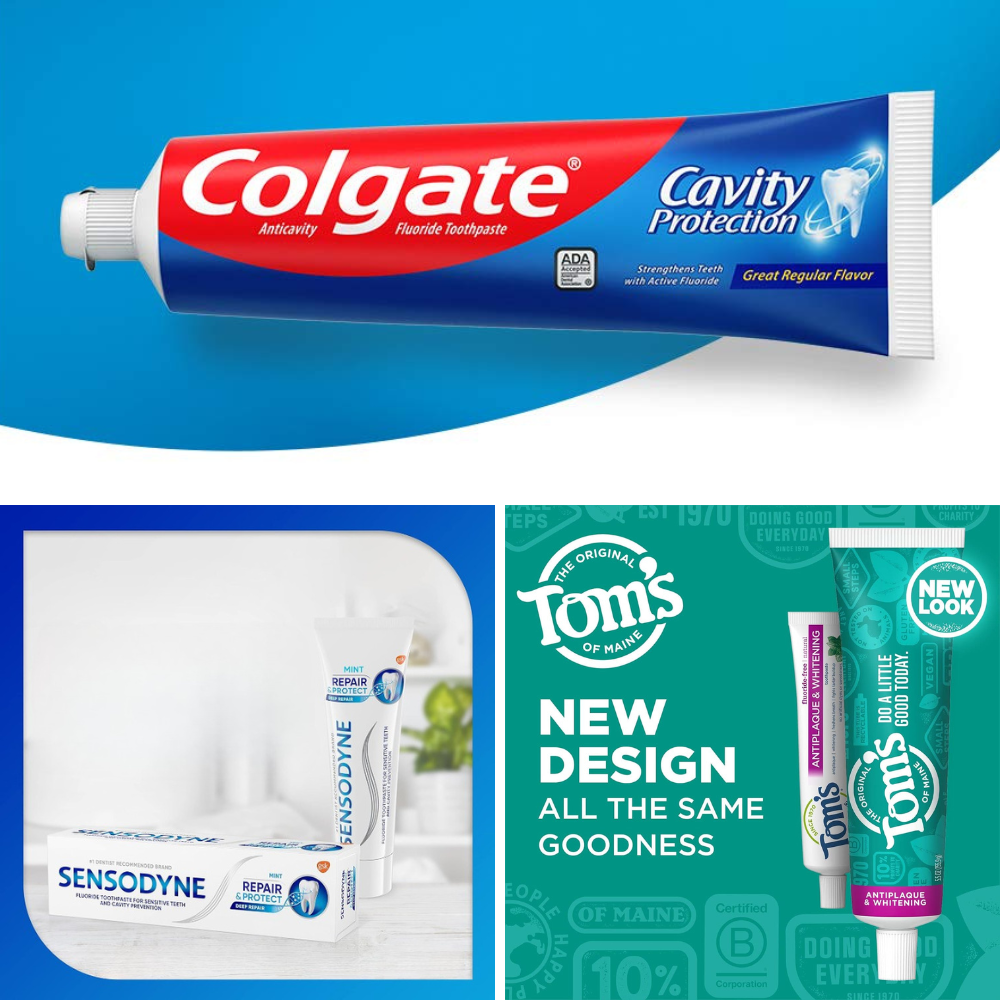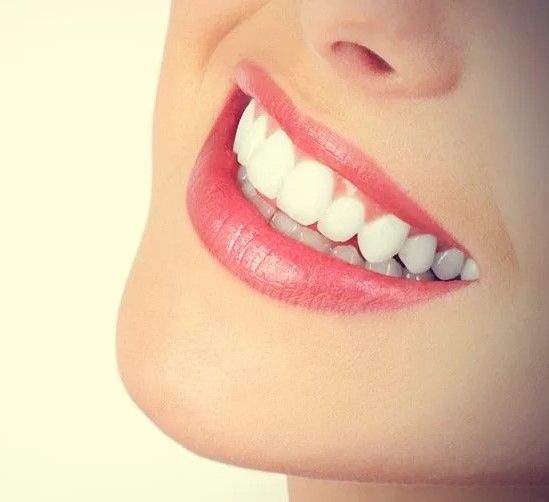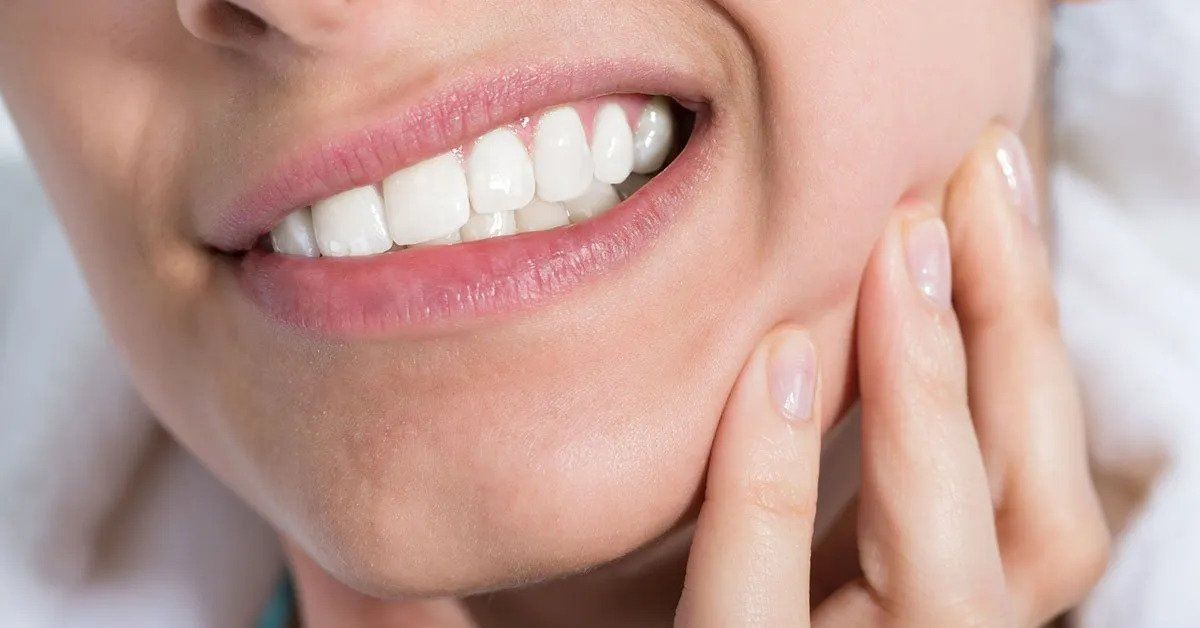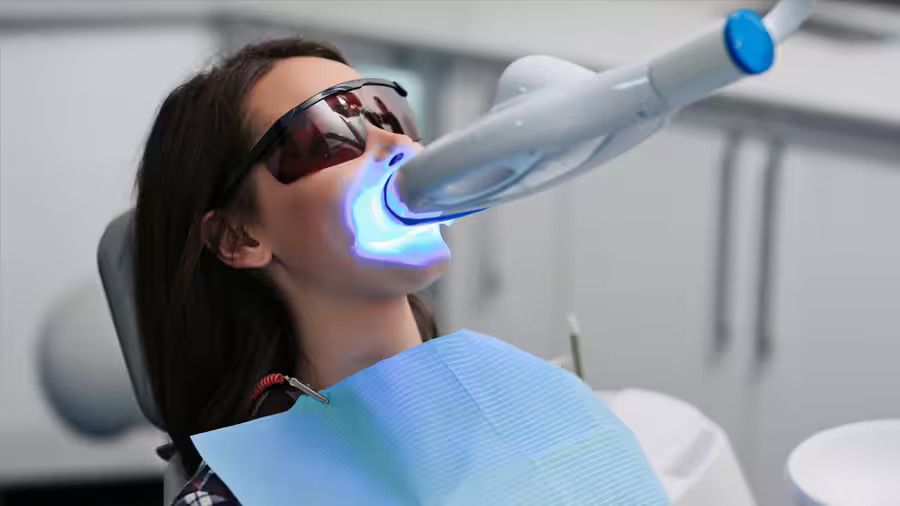Experiencing tooth sensitivity symptoms after getting a dental crown is a common concern among patients. This blog post aims to provide an in-depth understanding of the duration of tooth sensitivity after dental crown placement and ways to manage it.
Understanding Tooth Sensitivity After a Crown
Tooth sensitivity, often triggered by hot and cold foods or drinks, is a typical side effect following a dental procedure like crown placement. When you have a crowned tooth, it's normal to experience sensitivity symptoms for a few days to a few weeks post-procedure. This temporary sensitivity usually subsides as your mouth adjusts to the new crown. However, if the discomfort persists beyond two weeks, it may indicate an underlying issue such as an ill-fitting crown or a tooth infection, and should be addressed by your dentist immediately.
Factors Contributing to Tooth Sensitivity
Several factors can contribute to tooth sensitivity after dental crown placement. One is the natural tooth's exposure to different temperatures during the procedure, which can trigger sensitivity. Also, the anesthesia wears off a few hours post-procedure, and this could result in heightened sensitivity.
Managing Tooth Sensitivity After a Crown
To manage tooth sensitivity after dental crowns, it is recommended to avoid hot and cold drinks and foods, as well as sugary foods, hard foods, and cold air that can exacerbate the sensitivity. Opting for softer foods can provide relief from this temporary discomfort.
If the sensitivity persists beyond two weeks, it is essential to seek professional advice. Persistent pain could be due to an improperly fitted crown or bite interference, which requires adjustment by your dentist.
The Duration of Tooth Sensitivity After a Crown
So, how long does a tooth stay sensitive after getting a crown? Most patients report that their sensitivity subsides within a few days to two weeks following their dental crown placement. However, each individual's healing process is different, and the duration of sensitivity can vary.
It's crucial to note that if you're experiencing tooth sensitivity that lasts more than two weeks, or if your crowned tooth is sensitive to the touch, it might indicate a problem such as an ill-fitting crown or an infection beneath the crown. In such cases, it's critical to contact your dentist immediately.


How long does crown sensitivity last?
Crown sensitivity can last anywhere from a few days to a few weeks, depending on the severity of the sensitivity. If the sensitivity is mild, it may only last a few days. However, if the sensitivity is more severe, it can last up to a few weeks. To reduce the duration of crown sensitivity, it is important to practice good oral hygiene and avoid eating or drinking anything too hot or too cold. Additionally, using a desensitizing toothpaste can help to reduce the sensitivity.
How long does it take for a crown to fully settle?
It usually takes three to four weeks for a crown to fully settle after it has been placed. During this time, the crown needs time to bond with the underlying healthy tooth structure and adapt to its new environment. For best results, you may be advised by your dentist to refrain from eating very hard or sticky foods for the crown to properly fit and stabilize itself in place without becoming loose or cracked.
In general, a temporary acrylic restorative material is used as an interim solution during the initial adjustment period of a newly placed crown so that any modifications can be made before a permanent restoration is created. After the adjustments are made, these temporary materials are then replaced with porcelain or ceramic materials which have better physical characteristics that will help the finalized restoration last longer than other options would normally allow (the lifespan of such restorations ranges anywhere from 10-15 years).
Once the damaged tooth is cemented into place, regular oral hygiene practices should be maintained such as brushing twice daily alongside using dental floss and mouthwash for thorough cleaning of areas where bacteria accumulate quickly - like between teeth and below gums. With proper care (and if no infection or trauma occurs) your newly crowned tooth should last many years longer than if left untreated initially, making it an invaluable investment towards long-term oral health maintenance along with improved aesthetic appearance overall!
How long does it take a tooth nerve to settle down after a crown?
It typically takes between 6-8 weeks for a tooth nerve to settle down after a crown is placed. During this time, the nerve will gradually become less sensitive as it adjusts to the new crown. In some cases, it may take up to 12 weeks for the nerve to fully settle down. If the nerve is still sensitive after this time, it is important to contact your dentist to discuss further treatment options.
Will Sensodyne work on crowns?
Yes, Sensodyne toothpaste can be used on crowns. It is specially formulated to help protect sensitive teeth and can be used on crowns, bridges, and other dental work. It is important to note that Sensodyne toothpaste should not be used on any dental work that is not fully healed.
Can a permanent crown be removed?
Yes, a permanent crown can be removed. The process of removing the crown depends on several factors, such as what type of material it is made out of and how it was attached to your teeth.
For porcelain-fused-to-metal and zirconia (ceramic) crowns that are cemented in place with dental cement, removal usually requires special tools. Your dental professional will first use a hand instrument to break off any excess cement that may be remaining on the tooth after the crown has been removed. This helps ensure that no foreign objects remain on the natural tooth front surface where they can interfere with future treatments or cause discomfort when biting down.
Your dentist will then heat a tool called an explorer; this helps soften any adhesives so they can easily come off while loosening any metal bands that could limit access for later procedures, such as filling or root canal therapy. Once all of these steps have been taken, the final step involves carefully prying out the crown from its seat to avoid damaging your natural teeth or gum tissue underneath it.
Depending on what material your crown is made from and how long it's been in position, there may be some changes to your original teeth structure once it’s been pulled off; however, dentists can often restore anatomic form if necessary through fillings or other restorative treatments before affixing a new prosthetic replacement afterward if needed.

Experiencing tooth sensitivity after getting a dental crown is common but temporary. However, understanding the causes and solutions helps manage this discomfort effectively. If you experience tooth sensitivity and the pain persists beyond two weeks, don't hesitate to seek professional advice. After all, maintaining your dental health should always be a priority.
Remember, dental crowns are not just about the crown teeth and enhancing your smile but also restoring the function of damaged teeth and protecting them from further tooth decay. Therefore, any persistent pain or discomfort shouldn't be ignored. Your comfort and oral health are paramount, and any issues with dental crowns should be addressed promptly for optimal results.
Remember to consult your dentist for any concerns related to dental crowns, tooth sensitivity, or other dental health issues. They can provide personalized advice and treatment options based on your specific needs and conditions.












